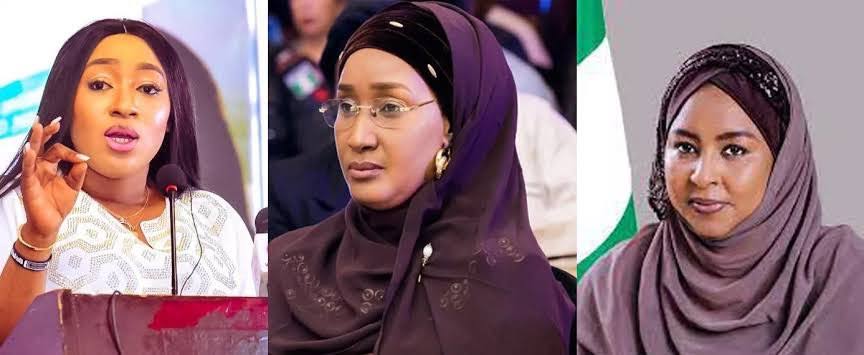The EFCC criticized former Humanitarian Minister Betta Edu, her predecessor Sadiya Umar-Farouq, and Halima Shehu, the head of the National Social Insurance Programmes Agency, stating that N32.7 billion and $445,000 were recovered from the ministry.
The agency clarified its ongoing probe into alleged financial wrongdoing within the Ministry of Humanitarian Affairs, Disaster Management, and Social Development. The EFCC’s spokesperson, Dele Oyewale, confirmed that these funds were retrieved after questioning current and former ministry officials.
A group of 10 civil society organizations, known as the Civil Society Groups Against Defamation Initiative, called on President Bola Tinubu to restore Edu to her position if she is cleared of misconduct.
In a recent statement, Oyewale emphasized the EFCC’s attention to public discourse surrounding its active investigation into the ministry’s alleged financial mismanagement.
These gestures amply demonstrate the rising consciousness of the public to the sanctity of our national currency and the need for collaborative engagement to sustain the tempo.
The EFCC invited former and current ministry officials for questioning, leading to the recovery of funds. The probe also uncovered other questionable transactions involving COVID-19 relief funds, a World Bank loan, and funds from the Abacha loot allocated to the ministry by the government for poverty reduction initiatives. Several ministry officials, both suspended and under investigation, have been linked to these financial irregularities.
The EFCC stressed that its investigation targets systemic corruption and complex fraudulent schemes, not individuals. Banks implicated in the fraud are under scrutiny, and their CEOs have provided valuable information to the investigators.
Those implicated will face legal action. The EFCC has not exonerated anyone involved in the fraud, as the investigation continues.
The EFCC launched a Special Task Force against the abuse of the Naira and dollarization of the economy on February 7, 2024. The public’s cooperation in reporting instances of currency abuse is crucial.
The EFCC announced its intention to prosecute individuals involved in Naira abuse, including celebrities. The Commission identified several bank accounts linked to suspicious transactions and is working to uncover the full extent of the wrongdoing.
Despite facing challenges, including the volume of cases and the complexity of financial transactions, the EFCC remains resolute. Ola Olukoyede, the EFCC Chairman, called for unity in the fight against corruption, urging Nigerians to support their efforts.
Olukoyede emphasized the importance of holding corrupt individuals accountable and called upon other branches of government to assist in anti-corruption efforts. He urged every Nigerian to speak out against wrongdoing and demand accountability from public officials.

